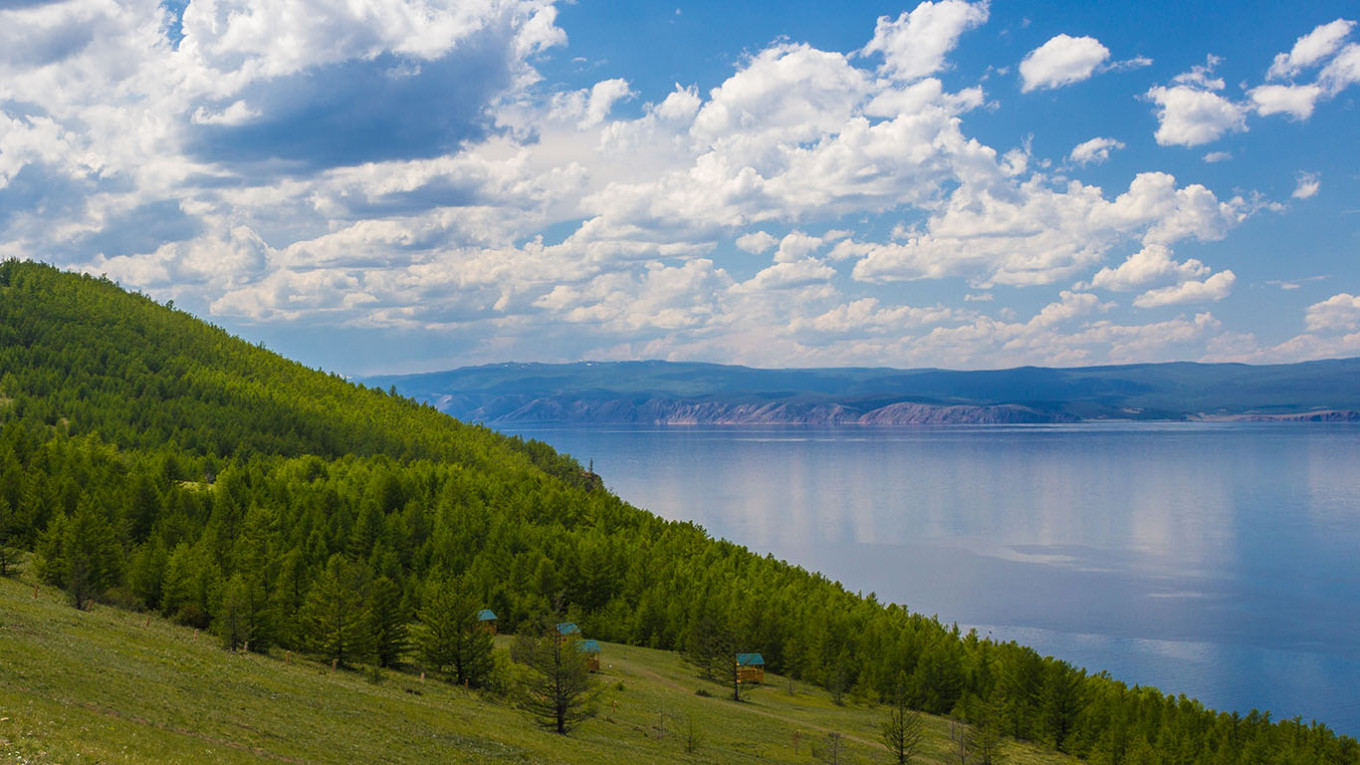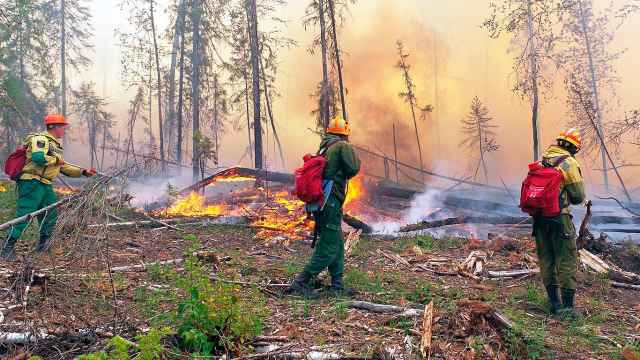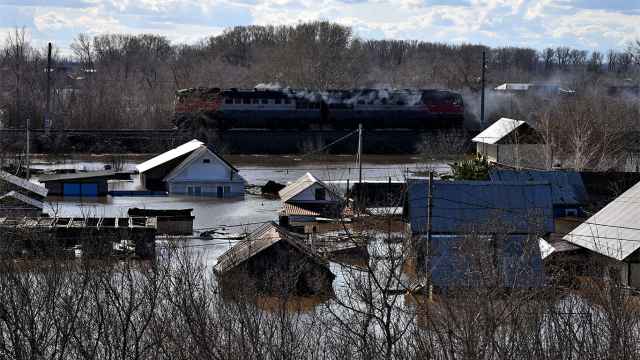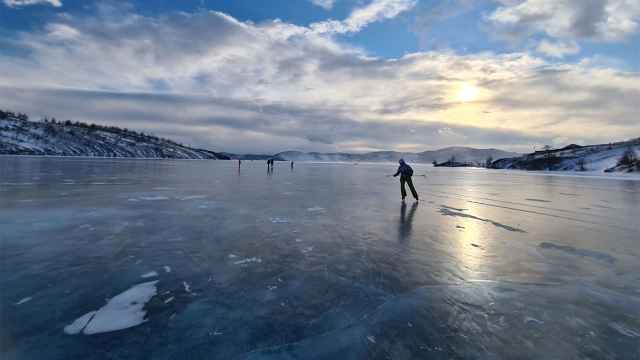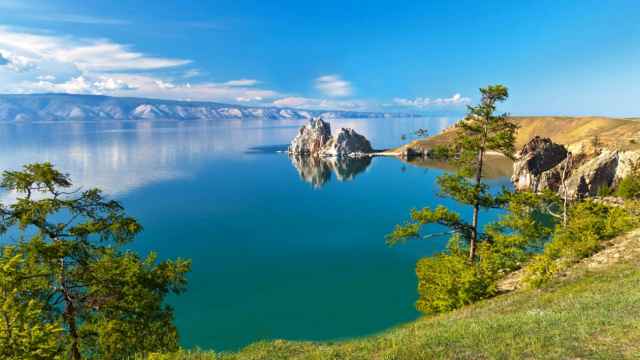Environmental experts and the head of President Vladimir Putin’s Human Rights Council have called on lawmakers to reject a controversial bill that would ease logging restrictions along the shores of Lake Baikal, a UNESCO World Heritage site.
Supporters of the bill, which amends Russia’s law on the protection of Lake Baikal, argue the changes are needed to build basic infrastructure such as roads, sewage systems and public restrooms in remote lakeside villages.
Critics warn the proposal risks devastating Baikal’s fragile ecosystem, potentially enabling widespread clear-cutting under the guise of sanitary logging. They also accuse lawmakers of catering to private business interests, including those of billionaire Oleg Deripaska, who stands to benefit from tourism and logging concessions.
“Deputies, your actions are reckless, unqualified, and at worst, unlawful,” former municipal deputy Alexander Sosnov said in a video address published Tuesday. “You know perfectly well that you won’t end up paying for this.”
His statement came a week after the Russian government reportedly signed off on long-stalled amendments allowing sanitary logging — a practice meant to reduce damage from forest fires, pests and other natural threats — to proceed in the Baikal region.
Valery Fadeyev, head of the Presidential Human Rights Council, wrote to State Duma Chairman Vyacheslav Volodin on Tuesday warning that the bill would “not only harm Lake Baikal’s ecosystem but also damage [Russia’s] foreign policy,” according to the RBC news outlet.
Separately, members of the Russian Academy of Sciences expressed “growing alarm” over the lake’s future in their own letter to Volodin, RBC reported.
A government commission that approved the bill for a future vote on July 8 reportedly proposed a compromise involving reforestation in the Baikal Central Ecological Zone, based on “special research” conducted by the Academy of Sciences.
State Duma Ecology Committee Chairman Dmitry Kobylkin said Wednesday that a dedicated commission from the Academy of Sciences would be tasked with making all final decisions regarding development near the lake if the bill is passed.
UNESCO, which granted Baikal World Heritage status in 1996, earlier this month raised concerns over the “uncertain legal protection” of the lake.
A Message from The Moscow Times:
Dear readers,
We are facing unprecedented challenges. Russia's Prosecutor General's Office has designated The Moscow Times as an "undesirable" organization, criminalizing our work and putting our staff at risk of prosecution. This follows our earlier unjust labeling as a "foreign agent."
These actions are direct attempts to silence independent journalism in Russia. The authorities claim our work "discredits the decisions of the Russian leadership." We see things differently: we strive to provide accurate, unbiased reporting on Russia.
We, the journalists of The Moscow Times, refuse to be silenced. But to continue our work, we need your help.
Your support, no matter how small, makes a world of difference. If you can, please support us monthly starting from just $2. It's quick to set up, and every contribution makes a significant impact.
By supporting The Moscow Times, you're defending open, independent journalism in the face of repression. Thank you for standing with us.
Remind me later.


